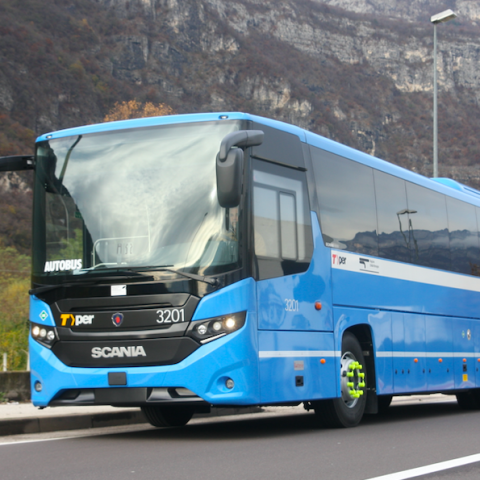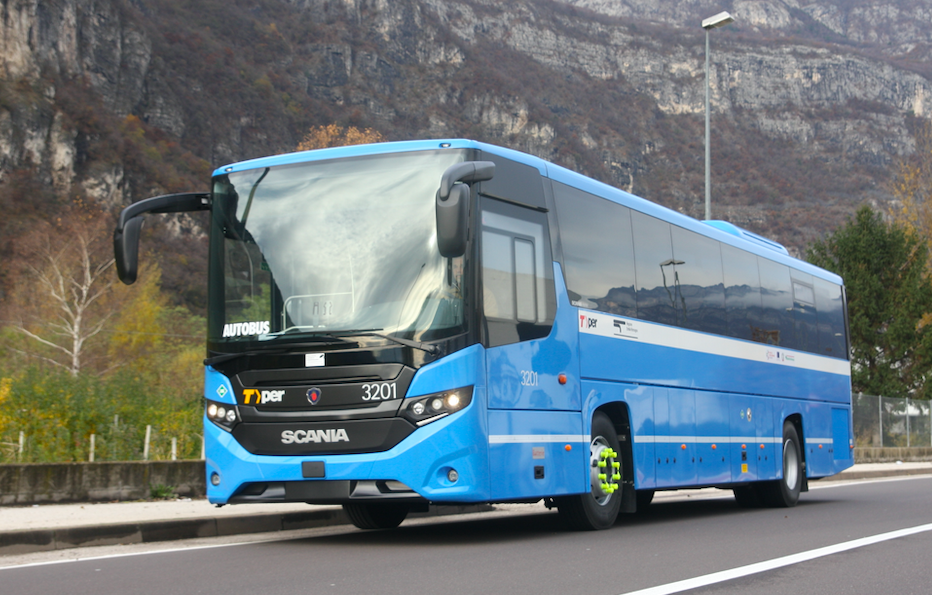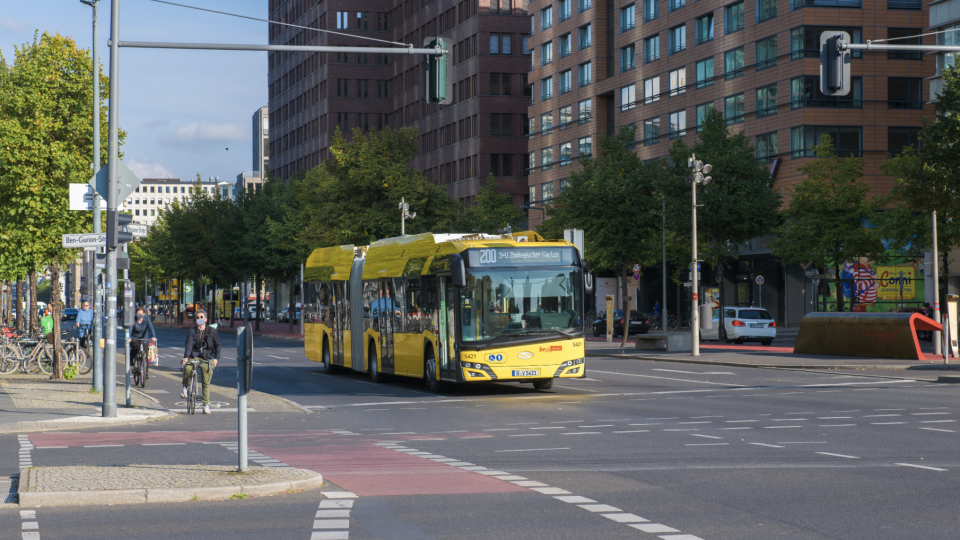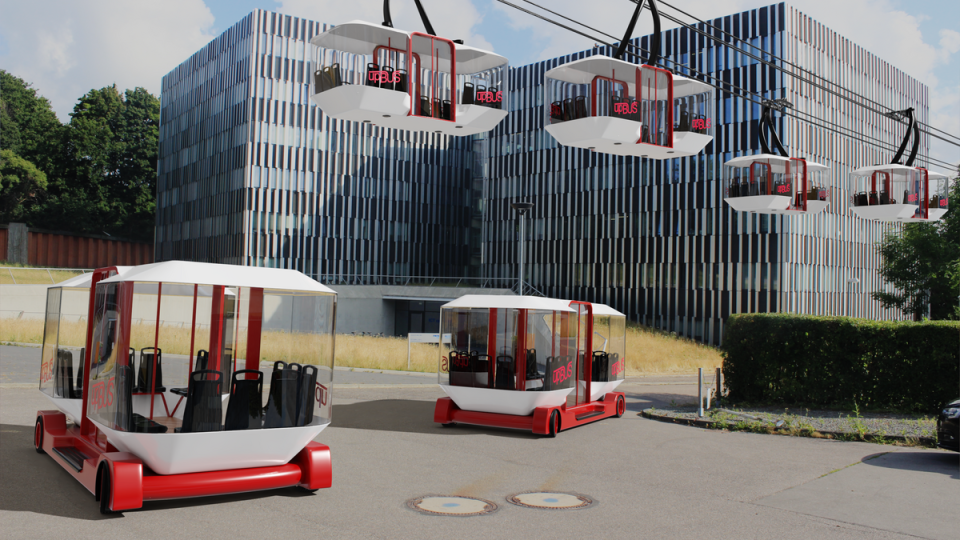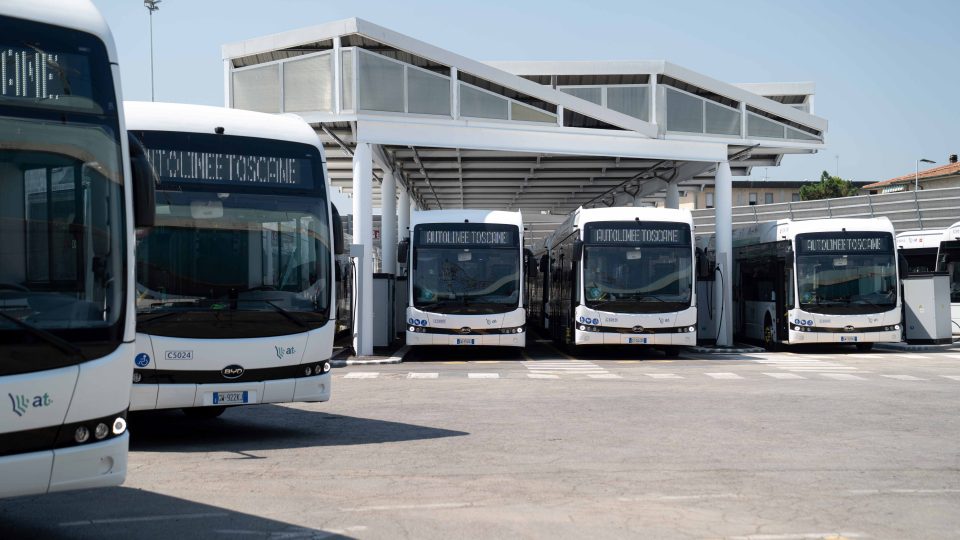Throughout the world, these workshops are taking measures to protect workshop personnel from being infected as well as ensuring the safety of drivers. Generally, workshops are practicing social distancing, maintaining a distance between colleagues.
Drivers have similarly been encouraged to maintain a distance from workshop staff when arriving with their vehicles. Keys are dropped in plastic bags, that are disinfected prior to being handled by service technicians. When entering cabs, seats, dashboard, steering wheels and other points of contact are covered with plastic sheeting to avoid infection. While this is being carried out, service technicians wear gloves and facemasks, Scania explains.
“We try to avoid direct contacts with customers as well as wear gloves and masks. It goes without saying that we wash our hands more often and carefully than usual,” says Reinaldo Descalço, parts supervisor at a Scania workshop in Lisbon. “While taking these precautions, we continue to maintain excellent customer relations.”
Equally important is ensuring the continued health of drivers as they pick up vehicles from workshops. Scania in Denmark, for example, disinfects steering wheel, gearshift, handbrake, dashboard, seat belts, door handles and keys before returning vehicles to drivers. Information about the precautionary measures is provided to drivers as reassurance.

